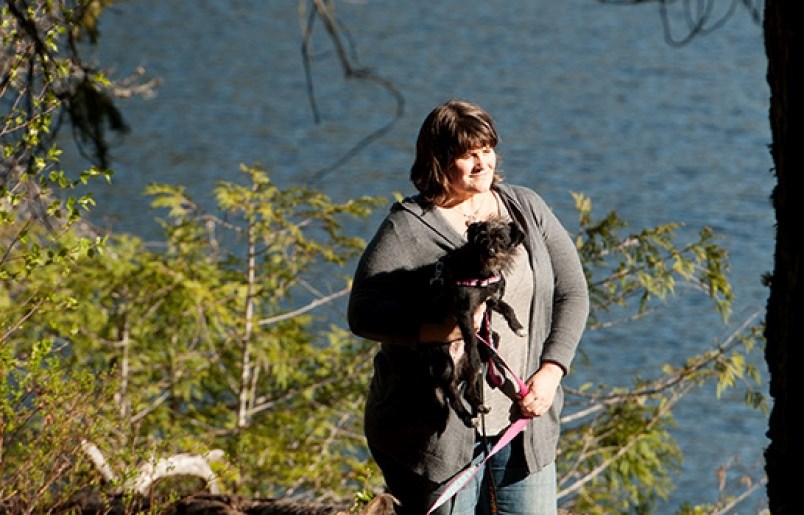It’s easy to think the National Inquiry into Missing and Murdered Indigenous Women and Girls (MMIWG) is about horrendous events that happen in other places to other people. You’re concerned of course because you’re a caring person and your heart goes out to the people affected. But it does not directly impact your community or your friends; it’s an arms-length, Downtown Eastside or northern-community-Highway-of-Tears problem.
This is simply not the case; it is as relevant in Squamish as it is in every Canadian community.
The wellbeing of every citizen, regardless of race, ethnicity, religious beliefs or gender identity, is at the heart of what we hold dear in civil society.
And more specifically for Squamish, the killing of an Indigenous women is a tragic part of our current history, with a devastating effect on people whom many of us love, admire and respect; their pain and loss forever present.
The Final Report of the MMIWG inquiry that came out June 3, outlines 231 imperatives for all orders of government, service providers, police, first responders, educators et. al., and calls on all Canadians to be part of the change necessary to “give life to these calls for justice.”
At the root of the “calls for justice” is the elimination of the pervasive social, economic, cultural and political marginalization of Indigenous women, girls and 2SLGBTQQIA people.
This will take comprehensive and systemic education that confronts racism, sexism and phobias of all kinds, and charts a new moral and political code for Canada. It involves proactive conversations with the local police and front-line workers, and a multi-stakeholder action plan specifically designed to address the issues raised in the MMIWG report.
Our regional local governments in partnership with the province must be proactive in delivering interregional public transportation.
The deficiency of a safe, regular, affordable public transit service is heartbreakingly relevant to the Highway of Tears tragedies north of Prince George but also significant in the Sea to Sky.
And, if and when the Woodfibre LNG and FortisBC pipeline expansion projects occur, the Squamish Nation and Local, Provincial and Federal governments must address the glaringly absent consideration of the impact of work camps in WLNG’s Environmental Assessment submission. The significantly increased rate of violence associated with work camps “largely the result of migration into camps of mostly non-indigenous young men with high salaries and little to no stake in the host indigenous community” is well documented in Northern BC oil and gas communities and specifically highlighted as a substantive problem in the MMIWG report.
It’s a serious issue that demands attention and is a first step for governments and industry in this particular road toward justice.



